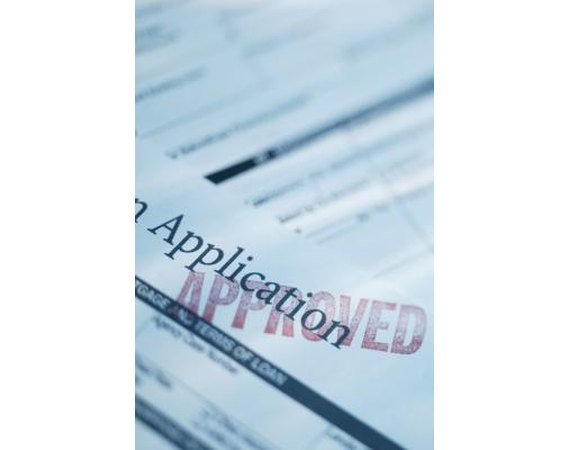
It is generally known that if you use credit cards wisely, you can help raise your credit score. However, if you have no credit cards, other methods can be just as effective. You have several other options at your disposal to raise your score.
Instructions
- 1
Pay your bills on time. Your bill paying history impacts your credit score; thus, paying late or having a debt that goes to a collection agency will negatively affect your score. Timely payments establish a proven track record of managing debt, and can help to raise your credit score. If you are having trouble paying your bills, contact the company you owe and try to negotiate a payment plan.
2Make sure your credit report is accurate. Under the Fair Credit Reporting Act, you are entitled to a free annual copy of your credit report (see Resources). Inaccurate information on your credit report may be affecting your credit score. If you do find a mistake on your report, send your dispute in writing to the credit bureau reporting the error. Make sure to include any documentation necessary to back up your claim, such as payment receipts and more.
3Pay off existing debts. If you have any existing loans or balances on credit accounts, focus on reducing the amount you owe. High outstanding debts negatively affect your credit score. Reducing your debts will help raise your credit score over time.
4Apply for a share secured loan through a bank or credit union or at least consider the possibility. The amount of the loan is based on the total amount of money you have in your designated share account. Essentially, you are backing up your own loan using your own money as collateral. Share secured loans were basically designed as a way for people to establish credit without using credit cards; therefore, they can be a great way to raise your credit score. Make sure the credit union or bank is reporting the loan to the major credit bureaus so it is included in your credit history.
5Look into other forms of loans you can acquire. These may include peer-to-peer lending groups, groups of investors that loan money, usually at a higher interest rate than regular banks and lending institutions. The loan requirements are often not as strict and can be a good alternative if you have little to no credit. Again, make sure the loan is being reported to the major credit bureaus.
Keep in mind that the purpose of the loan is not to get in over your head with debt but to establish a record of repaying debt, which will help raise your credit score. Make sure you can comfortably pay off any loans within a reasonable amount of time.
6Cosign someone else's loan. This makes you responsible for the person's loan; thus, the payments will be reflected in your credit history. However, this can be risky if the debt is not paid or payments are missed. Only use this option if you are sure the borrower can safely repay and that you can repay yourself if the borrower defaults. Be sure you can verify that timely payments are being made.







0 comments:
Post a Comment